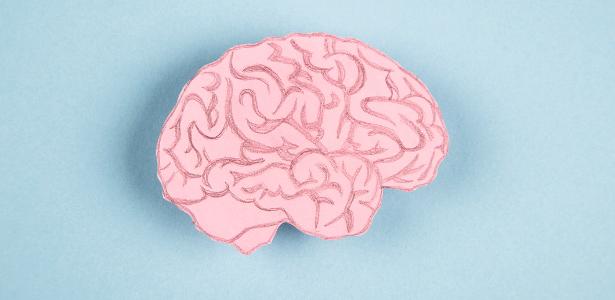Among the many functions of sleep is the preservation of the brain’s memories. After all, memories hold together during a night’s rest. Although it is not known exactly how this happens, a new study from the University of Pennsylvania in the United States confirms the importance of good sleep and going through all stages of sleep for the stabilization process.
Until recently, scientists believed that different types of memory were recorded separately and at different stages of sleep. Now, after the new studies have been published, science knows that it is a process that occurs sequentially, as a whole, and while we sleep at night.
Basically, a person goes through two main stages of sleep: the so-called non-REM, which is divided into 3 stages, and the third is the deepest and is characterized by slow waves in the brain; and REM, where there is intense activity in the gray matter. The phases alternate in a cycle that repeats about five times each night.
During this third stage, the innermost, the experiences that the individual had during the day were transmitted to the hippocampus, an organ located in the center of the brain. This is a more primitive area, also associated with emotions. With their help, you decide what is important to fix.
“This is why we also sleep to forget everything we don’t need to hold on to,” says Maira Honorato, a sleep specialist at Israelta Albert Einstein Hospital.
Then, in REM sleep, the information is sent to the neocortex, a thin covering covering the outer region of the brain, which is responsible for more complex cognitive processes, such as language.
With the help of a model based on algorithms, American scientists simulated how the brain revisits the latest data in the slow-wave phase of sleep, and how it later accesses the oldest information in REM sleep. In this succession of cycles, the hippocampus teaches the neocortex what it has learned, creating lasting memories.
“The article confirms what the studies have already indicated,” says the specialist. “To consolidate memory, you need to go through all the stages of sleep.”
The formation of memories is not only necessary to remember what each individual experiences, but also to learn and develop new skills – from playing a musical instrument to a new language.
In addition, experts explain that there is no point in recovering lost hours on the weekend or on vacation. It’s a process that needs to be done daily: hence the importance of having good bedtime habits, with regular bedtimes and staying away from screens before bed.
Source: Einstein Agency

“Music fanatic. Professional problem solver. Reader. Award-winning tv ninja.”






More Stories
Couple retakes glacier photo after 15 years, surprised by changes: ‘It made me cry’
Two killed in hotel collapse in Germany – DW – 07/08/2024
Lula speaks for half an hour on phone with Biden about Venezuela’s electoral impasse | Politics